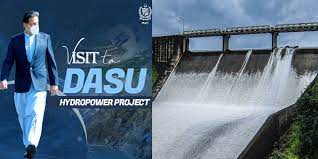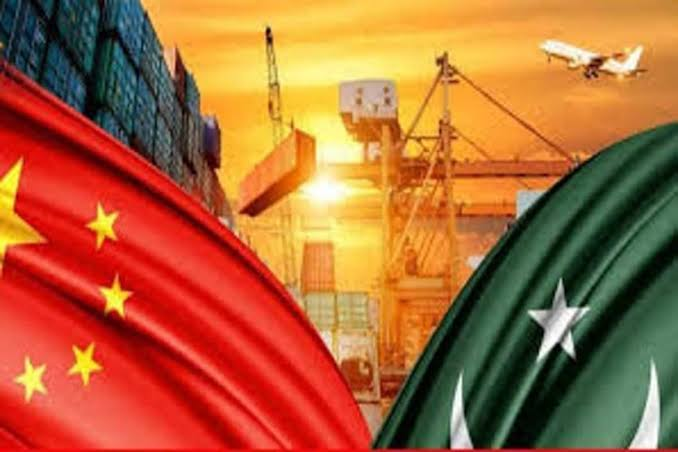ISLAMABAD: Pakistan government is going to make partial payments to Chinese companies’ outstanding arrears of about $1.4 billion in a few days to end worries of Chinese firms, which have invested in independent power producers (IPPs) and other projects in Pakistan.
“We are working hard to clear at least some of the payments at the earliest,” a senior government official said, adding the payables of the power producers working under the China-Pakistan Economic Corridor (CPEC) had crossed Rs230 billion (about $1.4bn) and the Chinese investors had been agitating against this at the highest government level.
Meanwhile, the Chinese contractors of Dasu Hydropower Project, which is not part of the CPEC, have not resumed the construction activities they had stopped more than two months ago after a terrorist attack, despite elaborate security cover provided by the Pakistan Army, Dawn.com reported today.

However, they have raised the issue of compensation claims to get back to work, which could be settled through reasonable discussions under available forums, but construction works should be started without further delay, a senior official said.
Official pointed out that Chinese contractors had also stopped working on the Mohmand Dam after a similar incident, but resumed the works after almost a week of bilateral engagements.
In response to a question, he said there were no coal shortages at any of the three power plants based on imported coal — Hubco, Sahiwal and Port Qasim that have a total capacity of about 4,000MW. The 660MW Thar Coal Power Project is based on local coal and has no supply issues at all.

The official explained that all of the coal-based power projects were on ‘high dispatch order’ because of their lower fuel cost. The government continues to ensure fuel cost payments.
The problem is on the capacity payments side, where, too, the government had never faced any lenders’ default. However, the return on equity was a genuine expectation of the sponsors, but due to some issues, payments could not be made on time.
Officials said that Special Assistant to the Prime Minister (SAPM) on CPEC Affairs Khalid Mansoor had been engaging with all the relevant authorities to ensure some payments on an urgent basis. “We are working very hard for some payments within this month or early next month,” said an official close to the SAPM.
“The Chinese companies are very accommodating and there is nothing to suggest that we are on the verge of default.”
Answering another question, the official said the two countries had strong relations and also had had initial discussions on re-profiling of debt portion of the IPPs under CPEC.

“They do not resort to extreme steps or issue notices, but try to resolve matters at the government level,” said the official. “Arbitrations deliver nothing”, working relationships matter.
Mr Mansoor, who joined the government after it removed former CPEC Authority chief Asim Saleem Bajwa, had last week briefed a parliamentary panel on the issues faced by the investors in terms of compliance with agreements of power projects of CPEC’s first phase.
He said the issues included payments to IPPs, long outstanding dues, establishment of a revolving account for automatic payments and increase in withholding tax on sponsors’ dividends to 25 per cent from 7.5pc.
He said the authorities now planned to set up an Investment Facilitation Centre to offer One Window Operation to all Chinese investors. He said 135 Chinese companies were operating in Pakistan on CPEC and other projects and top priority was now being accorded to regaining the trust of those working on CPEC schemes.
At the meeting of the Senate Standing Committee on Planning, Saleem Mandviwala, a former finance minister and now chairman of the committee, said that the Chinese were complaining that a flagship CPEC programme had been ruined over the past three years and many companies were unhappy.
Planning Minister Asad Umar, however, said at a press conference later that his government had completed a major part of the CPEC and that politicians should talk about sensitive programmes with care.










